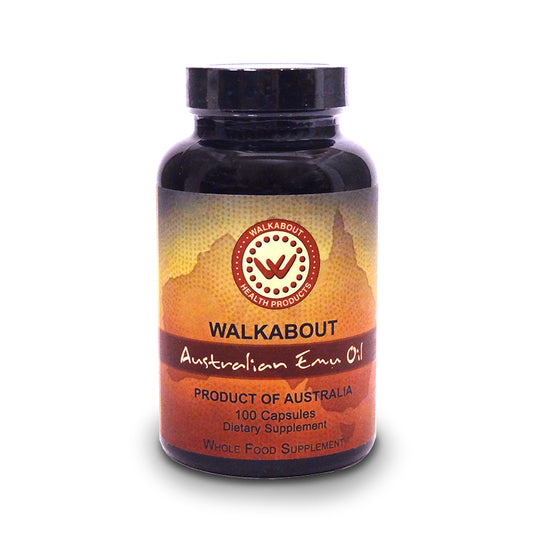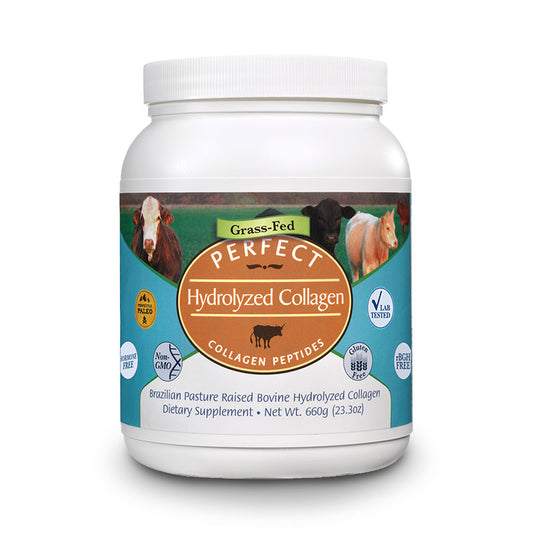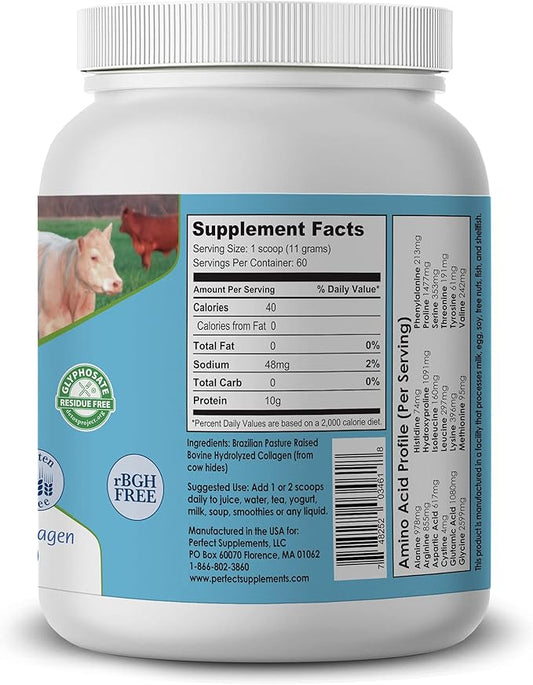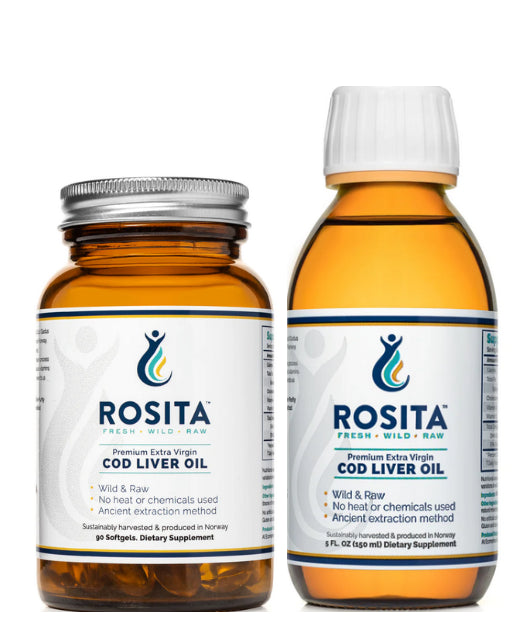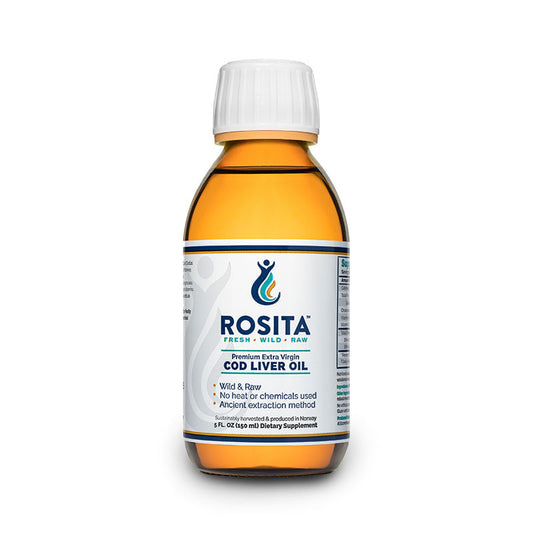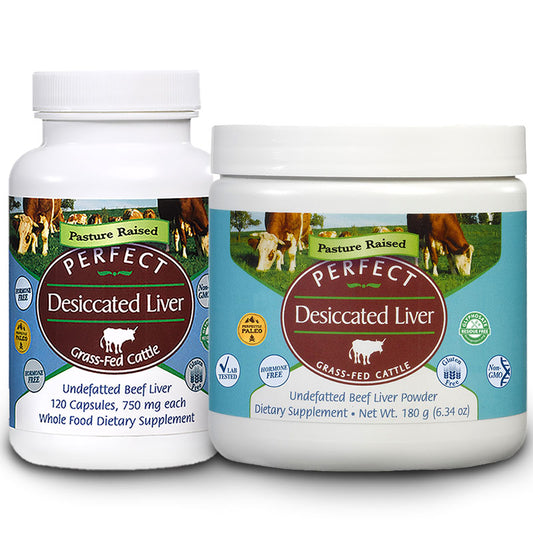What Happens to Your Body When You Add Cod Liver Oil to Your Diet
Cod liver oil is a dietary supplement derived from the liver of the Atlantic cod. It is a source of important nutrients, including omega-3 fatty acids (specifically EPA and DHA), vitamin D, and vitamin A. These components are believed to be responsible for many of the oil's purported health benefits, which include reducing inflammation and supporting heart and bone health.
Key Nutrients and Their Roles
The health effects of cod liver oil are primarily attributed to its unique nutrient profile:
-
Omega-3 Fatty Acids: Cod liver oil contains eicosapentaenoic acid (EPA) and docosahexaenoic acid (DHA). These are known to help reduce inflammation by improving cell function and decreasing inflammatory cytokines—molecules produced by immune cells.
-
Vitamin D: Essential for bone health, vitamin D helps the body absorb calcium and phosphorus. It also plays a key role in regulating the immune system.
-
Vitamin A: This vitamin is crucial for maintaining healthy vision, cell growth, skin, and immune function.
Potential Health Benefits
Cod liver oil has been studied for several potential health benefits, particularly in relation to inflammation and cardiovascular health.
Reducing Inflammation
Some research suggests that cod liver oil may help lower inflammation. A study involving athletes found that cod liver oil supplementation reduced the presence of inflammatory cytokines in their blood after a race. The researchers hypothesized that the combination of omega-3s, vitamin D, and vitamin A contributed to this effect. Another study found that pregnant individuals with gestational diabetes who took cod liver oil had lower levels of inflammation markers and improved insulin sensitivity.
Supporting Heart Health
The omega-3 fatty acids in cod liver oil are thought to benefit the cardiovascular system. An analysis from the United Kingdom found that even low doses of omega-3s from cod liver oil were associated with a lower risk of death from heart and blood vessel issues. For pregnant people, cod liver oil supplementation has been linked to a reduction in several key heart health markers, including total cholesterol, triglycerides, and "bad" LDL cholesterol. It also led to an increase in "good" HDL cholesterol.
Childhood and Adolescent Health
In some Nordic countries, daily cod liver oil supplementation is a common practice for children and pregnant individuals. Research has indicated that supplementing during pregnancy and infancy may decrease the risk of asthma development in later childhood. Additionally, one Norwegian trial suggested a link between cod liver oil supplementation in adolescence and a reduced lifetime risk of multiple sclerosis, possibly due to the high vitamin D content.
Supplement Facts and Safety
-
Ingredients: Omega-3 fatty acids (EPA and DHA), vitamin D, and vitamin A.
-
Legal Status: Sold as an over-the-counter dietary supplement in the United States.
-
Dosage: Varies based on age and individual needs. Always consult a healthcare provider for personalized recommendations.
-
Safety Considerations: Cod liver oil is generally considered safe, but it's important to be mindful of its high vitamin A content.
Vitamin A Toxicity and Side Effects
Excessive consumption of vitamin A can be toxic. Symptoms of vitamin A toxicity may include nausea, irritability, reduced appetite, vomiting, blurry vision, headaches, hair loss, and muscle pain. To avoid this, do not take cod liver oil in combination with a separate vitamin A supplement.
It's also essential to be aware of potential allergic reactions to any supplement. If you experience a severe allergic reaction, seek immediate medical attention.
Precautions for Specific Groups
-
Pregnancy and Breastfeeding: While some cultures use cod liver oil during pregnancy, high levels of vitamin A can be harmful to a developing fetus. It's crucial for pregnant and breastfeeding individuals to speak with their healthcare provider before taking this supplement.
-
Children: Recent studies from Nordic countries have recommended a reduced daily dosage for children (from 5 mg to 2.5 mg) due to a lack of clarity on the effects of high omega-3 levels on childhood development. Supplementing children under the age of 1 with cod liver oil is no longer recommended.
-
Other Conditions: Avoid cod liver oil if you have a known allergy to its ingredients, are already taking a vitamin A supplement, or have a diet high in vitamin A.
Cod Liver Oil vs. Other Supplements
Supplements like fish oil and vegetarian omega-3 sources (such as algae oil, chia seeds, and flaxseed) also provide omega-3 fatty acids. However, a key difference is that they typically do not contain vitamins A or D.
Some evidence suggests that cod liver oil may be particularly effective at reducing inflammation compared to other omega-3 supplements. Additionally, vegetarian omega-3 supplements may sometimes contain higher levels of mercury than cod liver oil.
Disclaimer: The FDA does not regulate dietary supplements in the same way it does prescription drugs. To ensure product quality, look for supplements that have been independently tested. Always consult with a healthcare professional before starting any new supplement.


